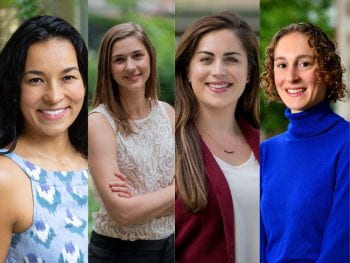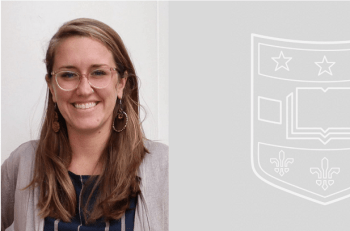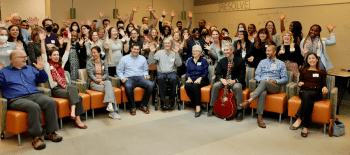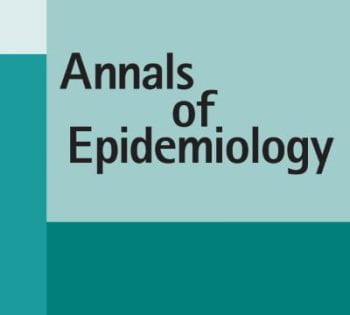Participants can expect to gain knowledge and skills to address the challenges and complexities of implementing evidence-based interventions in diverse settings. The institute aims to enhance future research endeavors, foster collaborative projects, and contribute to the collective advancement of implementation science.
Deadline to apply for Inaugural Dissemination and Implementation Science Institute is July 31!












